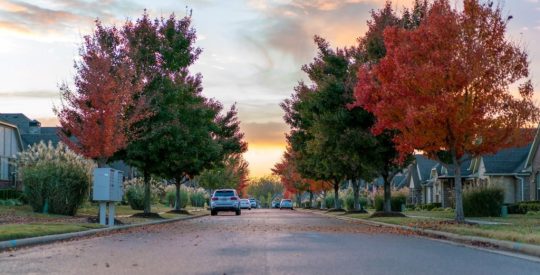Every private mortgage insurer faces extreme liquidity pressure, but the possibility of bankruptcy in the immediate future is unlikely, according to Rob Haines, an analyst with CreditSights. Concerns about “near-term insolvency and bankruptcy are overinflated,” Haines told HousingWire. “But concerns over the fact these companies are taking on too much risk is not an overblown concern.” Haines made that statement at a time when the mortgage insurance business, which covers losses on defaulted mortgages, is facing the tailwinds of a housing crash that left mortgage insurers with an influx of claims on soured home loans and fewer new loans to write premiums for. “Liquidity at the holding company for all of these big names — Genworth (GNW), MGIC (MTG), PMI Group (PMI), Old Republic (ORI) and Radian (RDN) — is pretty decent for the next several years,” Haines said. “But the companies need to come up with some type of solution where they are able to reload capital.” Haines said every private mortgage insurer — although some are stronger than others — is under significant capital restraints. Under the typical risk-capital ratio, a mortgage insurer is at the high-end in terms of risk when the risk-capital ratio hits 15-to-1, which is a level all of the major mortgage insurers have already passed. The point where insurers stop writing business is at the 25-to-1 risk-capital ratio level. Old Republic and PMI Group have already exceeded this level, according to Haines. In terms of stability, Genworth is the most stable, as it benefits from being a subsidiary of a major life insurance company and focuses on better quality underwriting, Haines explained. MGIC ranks second in terms of strength, followed by Radian. “The weakest two are Old Republic, and then you have PMI,” Haines said. For the insurers the future looks bleak, mainly because it’s unknown whether mortgage insurance will be included in the qualified-residential mortgage exception that will define which loans are safe to write without the lender having to maintain a 5% stake in the originated loan. Standard & Poor’s has already put one of the weakest performers on Haines’ list — PMI Group — on negative credit watch. The ratings agency shifted its outlook on PMI after the private mortgage insurer’s first-quarter earnings fell well below S&P’s forecast for the period. As a result, analysts downgraded PMI Mortgage’s credit and financial strength ratings to B-minus from B-plus in mid-June and moved the credit and senior debt ratings of PMI Group to triple C-minus from triple C-plus. S&P now expects PMI Mortgage Insurance to report wider losses through 2012. Analysts also believe PMI’s results and capital levels could be negatively impacted if the insurer fails to write enough new business. Write to Kerri Panchuk.
Bankruptcy-remote private mortgage insurers struggle with liquidity
Most Popular Articles
Latest Articles
The Retirement Trifecta
To retire successfully, to meet the challenges and manage the risks Boomers face, they will need to secure their own personal, Financial Trifecta.
-
Ocwen improves overall reverse mortgage performance despite volume contraction
-
Top LO Tim Potempa joins E Mortgage Capital
-
Mountain West Financial sells retail assets to ML Mortgage Corp.
-
New appraisal bias protections apply to reverse mortgage program: FHA
-
Engel & Volkers continues its expansion in Atlanta



